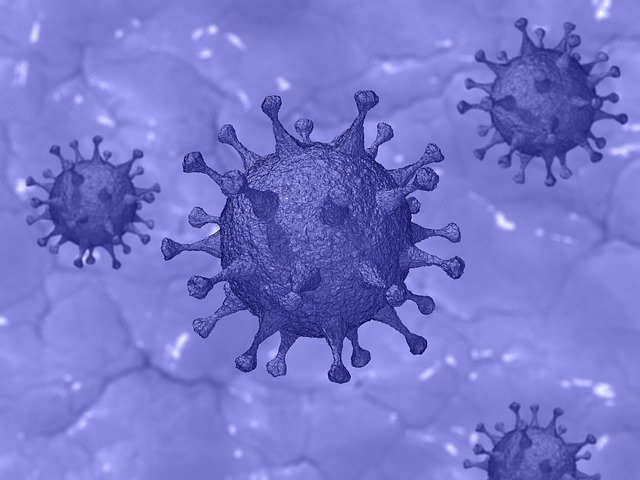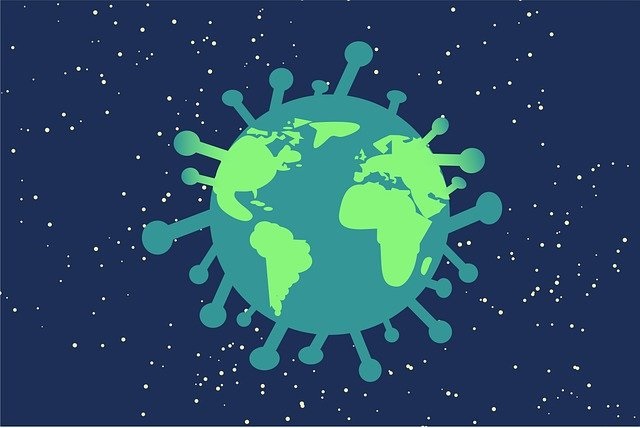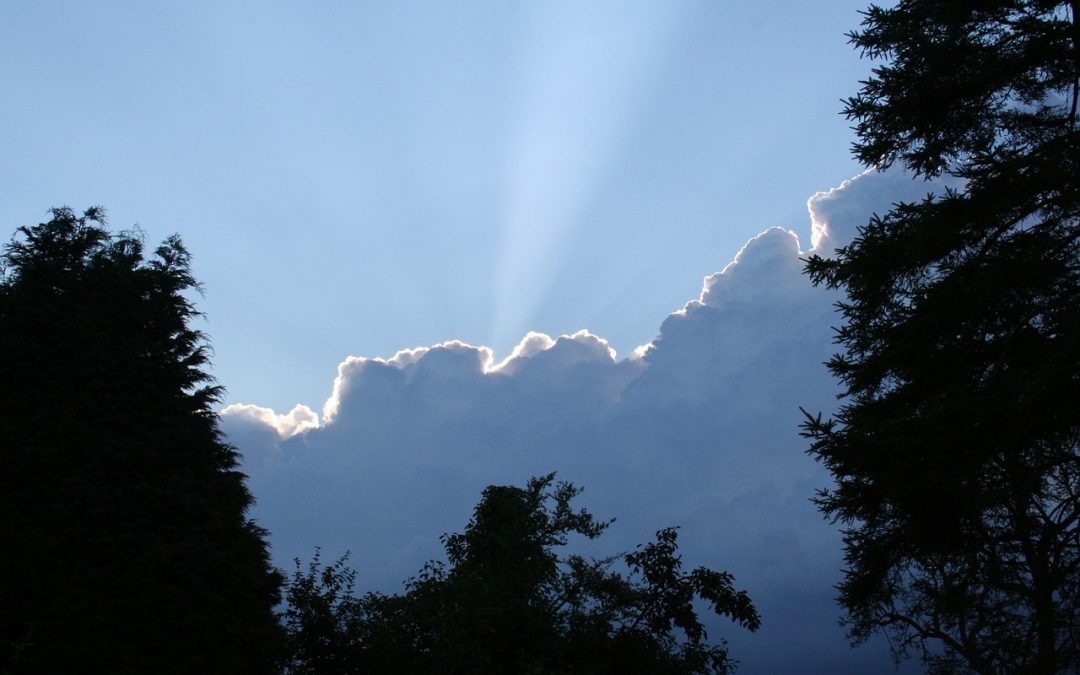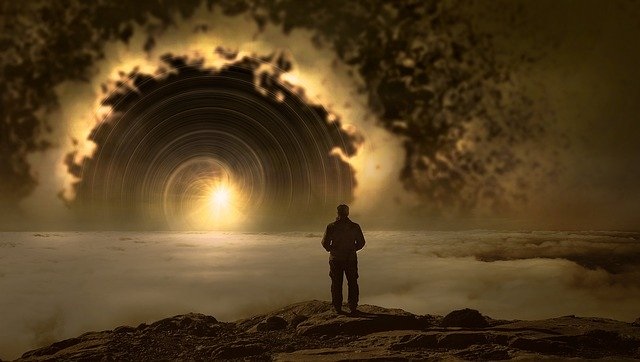
Coronavirus Reopening Plan for WUUC
On May 27, 2020, WUUC’s Board of Trustees adopted a coronavirus reopening plan. As the Board adopted the plan, it affirmed that we are all held in love and covenant, and that we are responsible and accountable to each other. The Board also affirmed its commitment to following best practices and WA State and King County guidelines and regulations.
The plan below will be updated as WA State and King County release additional information about reopening phases and best practices.
Coronavirus Building and Grounds Reopening Plan for WUUC
Adopted byWUUC Board of Trustees May 27, 2020; to be updated as needed
————————————————————————————————————–
Since the beginning of the pandemic, WUUC has committed to following WA State and King County guidelines and regulations. WUUC commits to making its best efforts to continue to follow WA State and King County guidelines and regulations.
As of the writing of this plan, King County is at Phase 1 of WA State’s Reopening Plan. We are currently under the “Stay Home, Stay Healthy” order. We anticipate that the earliest King County will move to Phase 2 is June 1. The very earliest King County could move to Phase 3 is June 22.
- WA State Coronavirus Reopening Plan: https://www.governor.wa.gov/sites/default/files/SafeStartWA_4May20_1pm.pdf?utm_medium=email&utm_source=govdelivery
WUUC will be hosting a pop-up blood donation center for NW Bloodworks from June 9 – 19.
Rev. Diana Smith will be ending her ministry at WUUC in June 2020. Minister Dan Lillie will begin his ministry at WUUC on Aug. 15, 2020.
————————————————————————————————————–
Our Unitarian Universalist faith centers covenants. One of the covenants that we make with one another is to try to keep each other safe and growing in body, mind, and spirit. We don’t often talk a lot about this covenant, but we trust that it’s there. And sometimes we do talk about this covenant explicitly, like when a congregation’s leaders create safety policies and procedures. During the coronavirus pandemic, this has been needed and has become clear in new ways. We’ve learned that congregations have a significant role to play in how covid-19 spreads. We can take actions that help slow the spread and protect members and friends of WUUC and the wider community. We’re committed to doing that as a faith community.
As UU faith communities, we’re also committed to justice. As UUs, we affirm our interdependence, we commit to encouraging each other’s spiritual growth, and we declare that we will work for a world community with peace, liberty, and justice for all. One of the ways that we live these commitments out in congregations is by working to ensure that the congregation is accessible to all. In the recent past, WUUC has worked on this by beginning to use a hearing assistance system, creating wheelchair spaces in the sanctuary and access improvements around the church, by supporting Welcoming Congregation renewal, and by attending to dietary needs, amongst other things. As WUUC has moved online due to the pandemic, we continue to be conscious of the need to not create a two-tiered congregation where some members can meet in person and others can’t due to health concerns and are thereby excluded from full participation. This commitment is directly related to our faith’s commitment to justice. At the same time, we recognize the importance of contact with other humans, including in-person, safe contact, for emotional and mental wellbeing.
Finally, as we reflect on how to proceed, we affirm that congregations aren’t limited by buildings. While we love our sacred spaces and this congregation is deeply connected with WUUC’s buildings and grounds, WUUC is not the buildings and the grounds. Rather, Woodinville Unitarian Universalist Church is a group of people who are committed to being a congregation and are bound in covenant with one another.
Proposed Plan for WUUC May 27 – August 31, 2020 (Possibly into the Fall)
Building Use
From May – June 2020, only employees and volunteers who need to use the church building for essential purposes are allowed to work at WUUC (administration, finance, custodial and maintenance services, building safety checks, Rev. Diana Smith’s preparation for leaving WUUC, necessary material gathering for summer religious education). No meetings or gatherings are allowed at WUUC except the blood donation center. Anyone exhibiting symptoms of Covid-19 or diagnosed with Covid-19 must not enter the building.
- Requirements for using the building:
- Employees and volunteers who are allowed to use the building must have a face covering with them and use it if another person is within 10 feet.
- Employees and volunteers who are allowed to use the building need to schedule work days so that only one employee or volunteer is actively using the office space (main office, minister’s office, library) at once. Incidental use of other areas by someone dropping off something, someone who is permitted to use the grounds using the bathroom, etc, may occur. A second or third employee or volunteer may use another part of the building (sanctuary or religious education classrooms) for an essential purpose at the same time another volunteer or staff member is using the office for an essential purpose.
- Employees and volunteers using the building must maintain good hand hygiene and wipe down surfaces before and following use. WUUC will provide supplies for doing this.
- NW Bloodworks must ensure necessary hygiene is maintained during the pop-up blood donation center’s operations. The minister will ensure staff ad volunteers are aware of the donation center’s operations so that staff who are permitted to use the building for an essential purpose can alter their work hours and take other necessary precautions.
- Only after the “Stay Home, Stay Healthy” order is lifted and before June 8 or after June 22, may music be recorded in the sanctuary. If King County is in phase 2, then up to 5 people may be in the sanctuary to record music provided they each remain at least 6 feet or more away from all others, every person wears a mask, and no one is singing, shouting, playing a wind instrument, or breathing deeply to play music (i.e., everyone present to record music must be breathing at normal levels/not forcefully behind a face mask). One or both exterior doors must be kept open to provide additional air circulation.
From July – August 2020, if King County is at Phase 2 or 3 then the above considerations will continue to apply except and including that:
- Staff and volunteers may use the building for a wider range of purposes provided they continue to meet the mask, hygiene, health, and area separation requirements.
- No groups may meet in the building except that renters who use the building for support groups (AA, NAMI, Buddhist chemical dependency group) may use the sanctuary or portable 2 provided they meet physical distancing, hygiene wipe-down, health, and mask-wearing requirements listed above, as well as the currently-applicable state limits on size of gathering. As of the writing of this plan, in Phase 2 the limit will be 5 people and in Phase 3 the limit will be 50 people. (It is unlikely that 50 people could use a WUUC indoor space and maintain distancing requirements. If it looks like King County will enter Phase 3 during the summer, WUUC’s Board of Trustees will review updated guidance (see Resources at end of plan) and determine whether the cap will be 50 people or fewer. The participant cap will not be raised until WUUC’s Board has reviewed applicable information.) These rental groups may use the grounds for their gatherings if they desire.
- The same requirements related to music playing and recording apply.
WUUC’s building will not be used for the rummage sale through the summer.
Responsible Parties: Through June 2020, the minister is the responsible party for ensuring communication of these requirements and responding to non-compliance. From June 29 – August 15, after receiving input from the Board of Trustees, the Board President will be responsible for communicating requirements and responding to non-compliance. Beginning August 16, the minister will be the responsible party. All employees, volunteers, and friends of WUUC are responsible for their own behavior.
Employee Work Patterns
Employees will be encouraged to continue to telecommute throughout the summer. The health and safety restrictions and requirements in the Building Use and Grounds Use sections will apply to employees who need or want to use the building.
Responsible Parties: Through June 2020, the minister is the responsible party for ensuring communication of these requirements and responding to non-compliance. From June 29 – August 15, after receiving input from the Board of Trustees, the Board President will be responsible for communicating requirements and responding to non-compliance. Beginning August 16, the minister will be the responsible party. All employees, volunteers, and friends of WUUC are responsible for their own behavior.
Grounds Use
During Phase 1, individuals may conduct landscape or building maintenance activities on WUUC’s grounds. If more than one person needs to work on the grounds at once based on the type of work being performed, those individuals must ensure they maintain physical distancing, mask-wearing, health, and hygiene guidelines. They may use WUUC’s bathrooms if they have a building key, ensuring that they maintain required, posted hygiene and safety practices in WUUC’s buildings. No one may use WUUC’s grounds if they have symptoms of or have been diagnosed with Covid-19.
WUUC’s grounds remain open during Phase 1. Individual congregants are not prohibited from using the grounds for spiritual purposes but groups are not allowed to meet on the grounds. WUUC also reminds all members and friends that it’s crucial that we all follow the “Stay Home, Stay Healthy” order and limit non-essential travel in order to slow the spread of covid-19.
During Phase 2, no more than 5 – 8 people may gather together on the grounds, maintaining physical distancing, mask-wearing, health, and hygiene practices. If WA State updates the information for numbers of people and how groups may be configured for Phase 2, then those numbers will apply. However, if Public Health – Seattle & King County or another local government agency has more stringent requirements in place, those will apply. WUUC will work to update this plan with applicable information as it becomes available.
During Phase 3, as of the writing of this plan no more than 50 people may gather together on the grounds, maintaining physical distancing, mask-wearing, health, and hygiene practices. If WA State updates the information for numbers of people and how groups may be configured for Phase 3, then those numbers will apply. However, if Public Health – Seattle & King County or another local government agency has more stringent requirements in place, those will apply. It is also questionable whether a gathering of 50 people could use WUUC’s grounds and maintain distancing requirements. If it looks like King County will enter Phase 3, WUUC’s Board of Trustees will review updated guidance (see Resources at end of plan), as well as roofing repair plans, and determine whether the cap will be 50 people or lower. The participant cap will not be raised until WUUC’s Board has reviewed applicable information.
If King County moves to Phase 3 and allows gatherings of up to 50 people, then WUUC’s Board of Trustees may also decide to hold the rummage sale on WUUC’s grounds. The Board will make such a determination after it is clear when the local area will be in Phase 3. WUUC’s Board will review guidelines and regulations for retail services as well as those for outdoor gatherings as part of determining if and how to hold the rummage sale.
Responsible Parties: Through June 2020, the minister is the responsible party for ensuring communication of these requirements and responding to non-compliance. From June 29 – August 15, after receiving input from the Board of Trustees, the Board President will be responsible for communicating requirements and responding to non-compliance. Beginning August 16, the minister will be the responsible party. All employees, volunteers, and friends of WUUC are responsible for their own behavior.
Worship
Through August 2020, all WUUC worship will continue to be broadcast from worship participants’ homes using Zoom. Any pre-recorded music or other segments will be recorded following safety practices outlined above. Individuals recording in their homes is the preferred practice.
Responsible Parties: Through June 2020, the minister is the responsible party for ensuring communication of these requirements and responding to non-compliance. From June 29 – August 15, after receiving input from the Board of Trustees, the Board President will be responsible for communicating requirements and responding to non-compliance. Beginning August 16, the minister will be the responsible party. All employees, volunteers, and friends of WUUC are responsible for their own behavior.
Updates to This Plan
Through June, Rev. Diana Smith will be responsible for updating numbers and other information in this plan, including consulting with the Board of Trustees on updates.
From June 29 – August, the Board of Trustees will be responsible for updating numbers and other information in this plan.
WUUC’s Board of Trustees and minister Dan Lillie will reassess this plan in late August or September after he begins serving WUUC. This plan will remain in effect until the Board adopts a new plan.
Resources
- King Co Mask Guidelines: https://www.kingcounty.gov/depts/health/covid-19/care/masks.aspx
- Updated Risk Information, including: https://www.erinbromage.com/post/the-risks-know-them-avoid-them
- Case Study from Canada: https://calgary.ctvnews.ca/mobile/i-would-do-anything-for-a-do-over-calgary-church-hopes-others-learn-from-their-tragic-covid-19-experience-1.4933461?fbclid=IwAR1sM_VOkwwqRfUbKNhCLzGxYxN4KC5bNpFbdzkKkIv0vqdIJMyWiQybrO0
- Safe Start WA Reopening Plan: https://www.governor.wa.gov/sites/default/files/SafeStartWA_4May20_1pm.pdf?utm_medium=email&utm_source=govdelivery
- Safe Start WA Website, including business guidance: https://coronavirus.wa.gov/what-you-need-know/safe-start
- Public Health – Seattle & King County Coronavirus Guidance: https://www.kingcounty.gov/depts/health/covid-19.aspx
- Preliminary Draft CDC Guidance: https://www.washingtonpost.com/context/white-house-is-reviewing-detailed-guidance-for-gradual-reopening/f263df1b-f48c-4ede-affa-76803d94ff2f/?itid=lk_inline_manual_20
- UUA Resources: https://www.uua.org/safe/pandemics
- Phased Return Plan from WI Council of Churches (WUUC would be at phase 1 at least through the summer): https://www.wichurches.org/2020/04/23/returning-to-church/
- National Association of Teachers of Singing Conference: https://www.middleclassartist.com/post/nats-panel-of-experts-lays-out-sobering-future-for-singers-no-vaccine-no-safe-public-singing?fbclid=IwAR27r03bsmcC163JOdJBNx1cs8Ec0LKJtFHY8KZQOA4ia7BOMYkTITVuGmw
- Church Mutual Reopening Guidance: https://coronavirus.churchmutual.com/resources/
- Phasing Forward Plan from Southern New England Conference of UCC: https://www.sneucc.org/phasingforward



